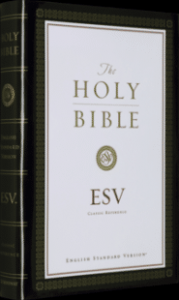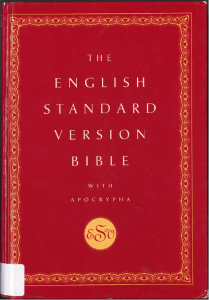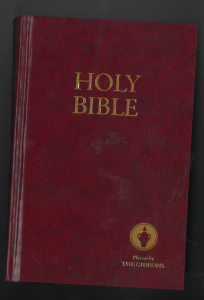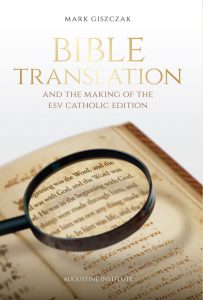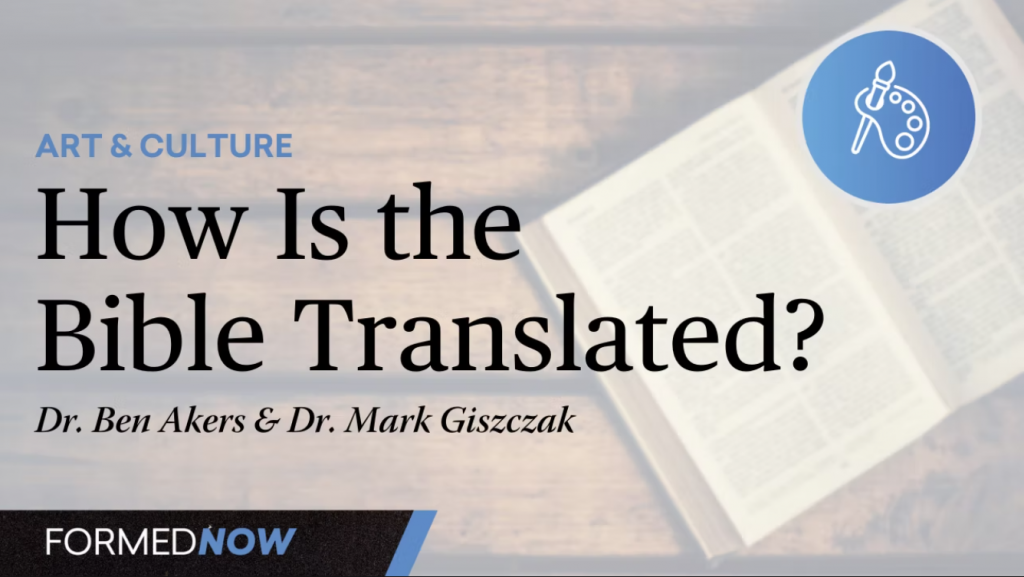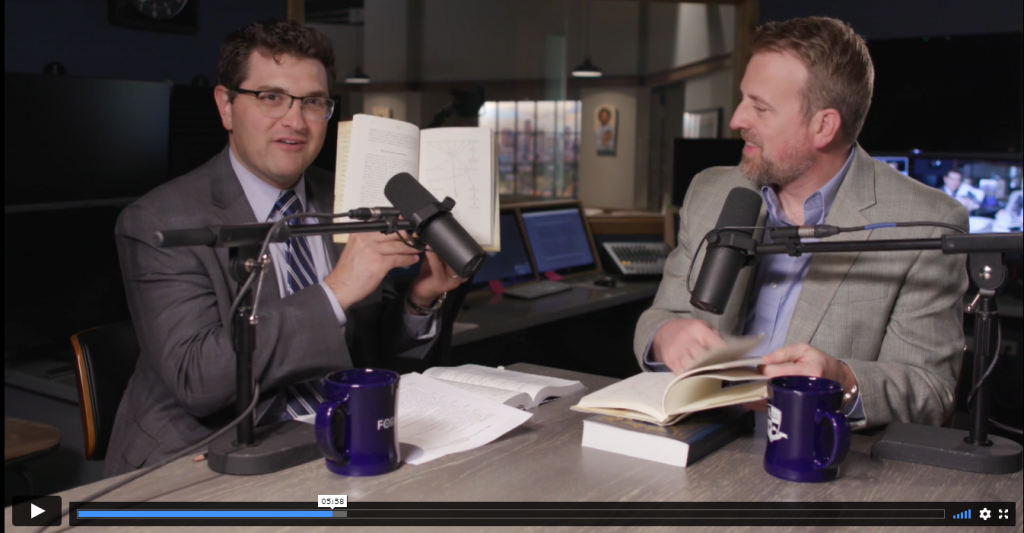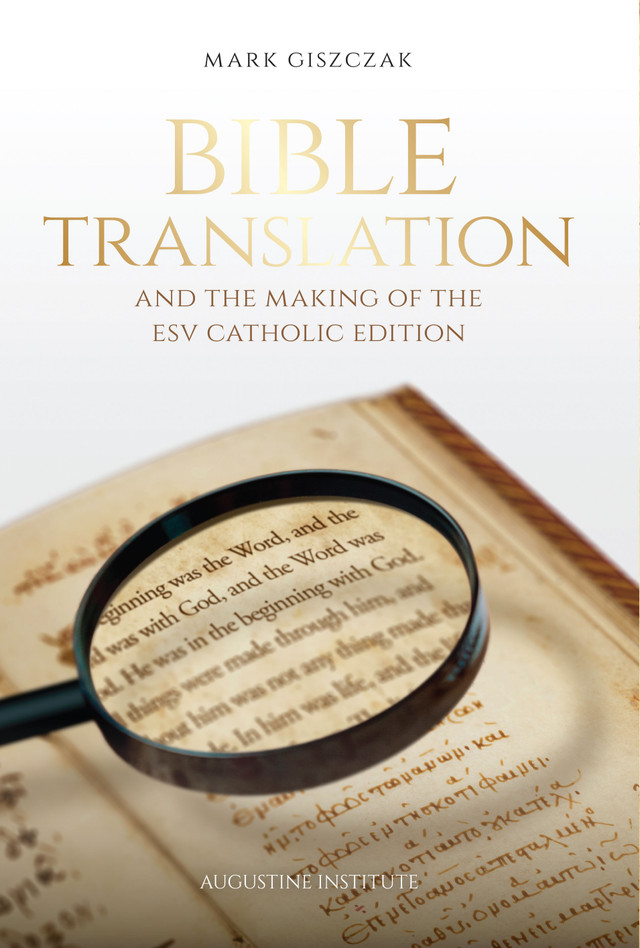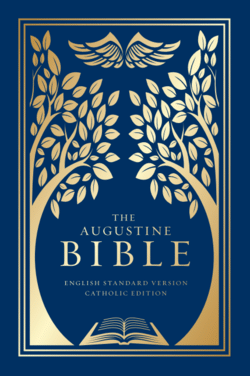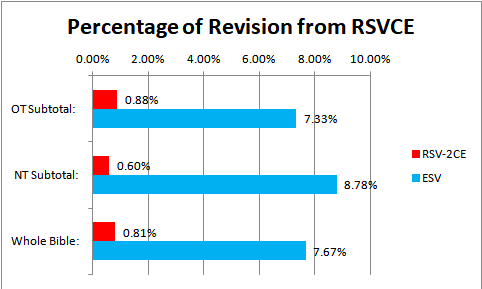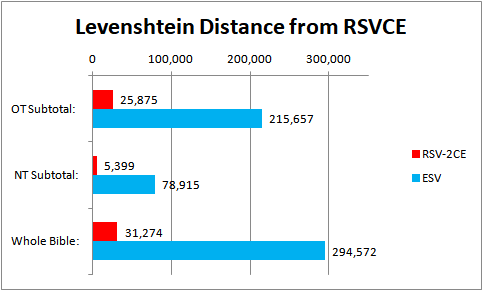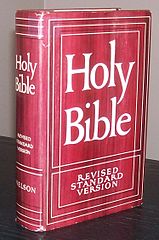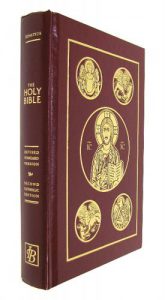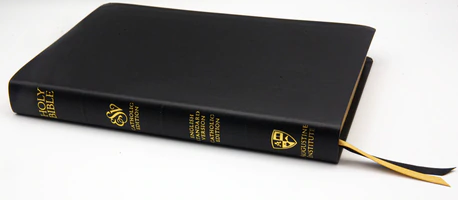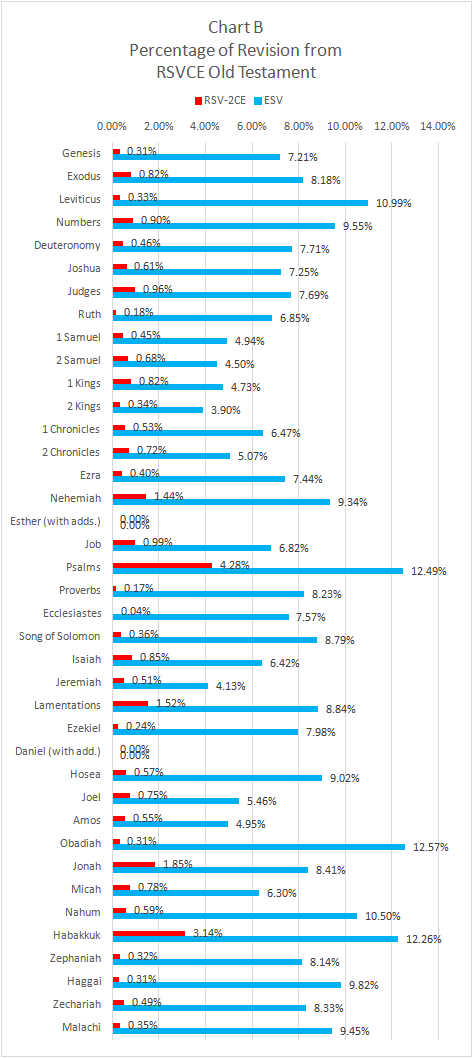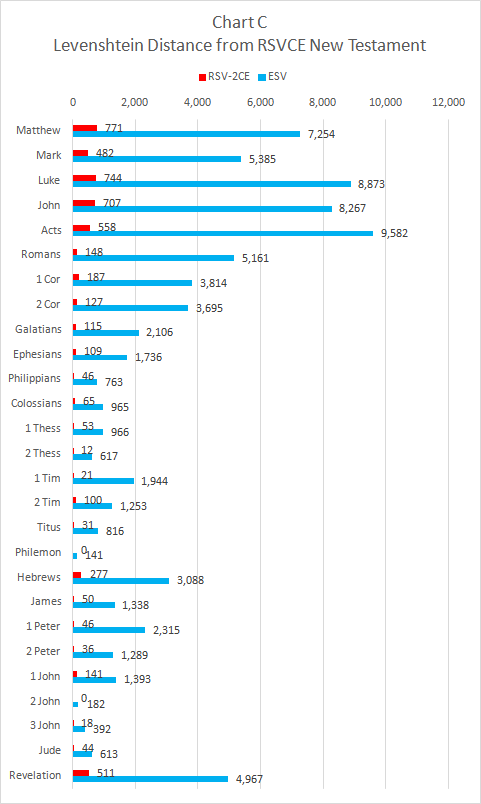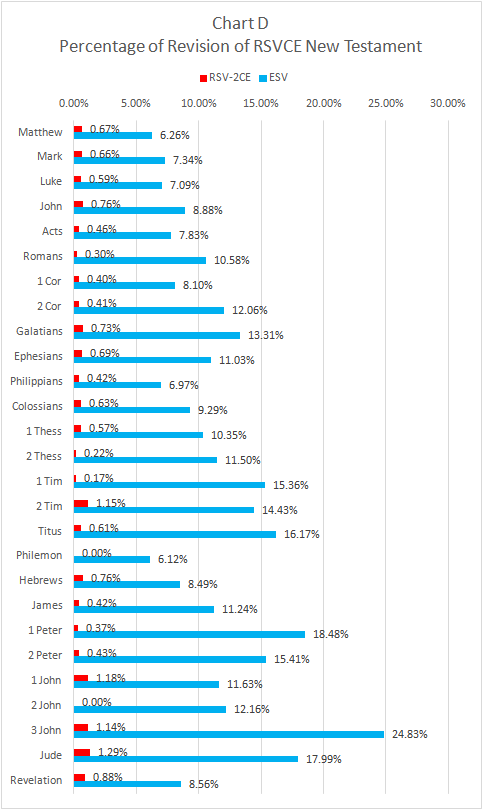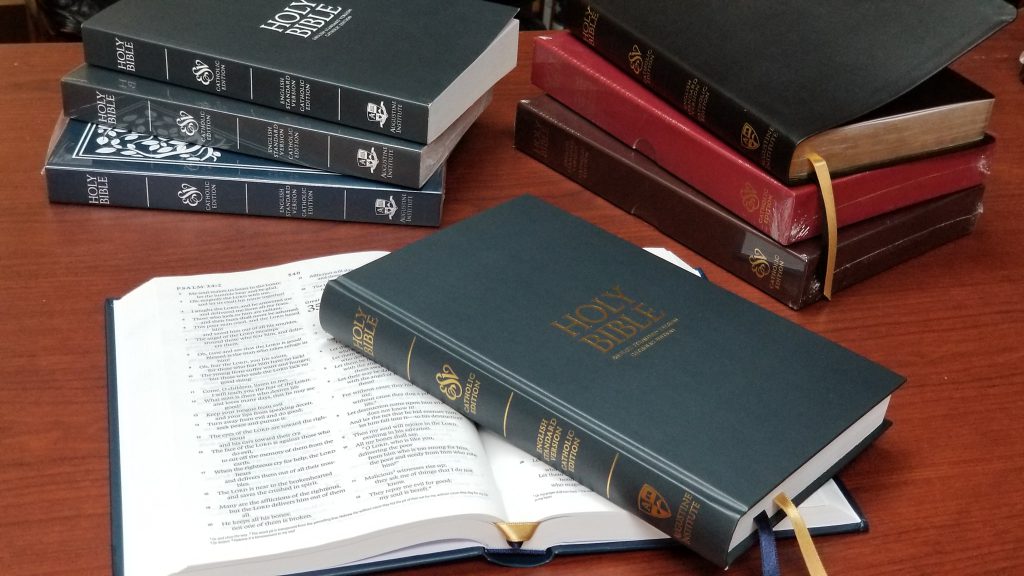I wrote a whole book on the ESV, but I did not know this part of the story! Wayne Grudem, one of the principal evangelical translators of the ESV, wrote a long letter in March 1996 to the National Council of Churches proposing a revision of the RSV with specific translation choices for certain passages. That letter became the contractual basis for the production of the ESV Bible translation. The original ESV was the basis for the ESV Catholic Edition approved by the bishops of India in 2018 and published by the Augustine Institute in 2019.
A Podcast Interview
Recently, on May 8, 2023, the Crossway Podcast released an episode entitled “Wayne Grudem on His Life, Love of Theology and Translating the Bible.” He shares a lot about his career with the host, Matt Tully–from personal stories in his childhood to the success of his book Systematic Theology (1994). The ESV translation, which took place in 1999-2001 was one of the major projects Grudem was involved in during his career.
The 1990s and Bible Translations
To understand the context of the letter, I have to give a bit of backstory. In the 1990s, evangelicals were arguing over the use of “inclusive language” and other issues in in Bible translations. Wayne Grudem and the Council on Biblical Manhood and Womanhood took a strong stand against inclusive language in favor of traditional gender-specific translation. The Revised Standard Version (originally translated in the 1940s and 1950s) has been replaced by the more inclusive-language-oriented New Revised Standard Version, but many evangelicals were disappointed by the NRSV. Both the RSV and NRSV were copyrighted by the National Council of Churches, an older American Protestant organization. The other translation option for evangelicals, the New International Version (1984), was also about to trend toward inclusive language in a proposed revision, the NIrV also known as the “Stealth Bible”.
The Idea to Revise the RSV
In the podcast interview, Grudem recalls calling the president of Crossway Books, Lane Dennis, with the idea to request permission from the National Council of Churches to revise the RSV anew:
Wayne Grudem
I called Lane Dennis, the President of Crossway, and said, Do you think the National Council of Churches would give us permission to revise the Revised Standard Version? And he said John Piper had called him recently with the same idea.
According to Grudem, Dennis reached out to the National Council of Churches, but did not get very far:
Wayne Grudem
Well, he said he would contact the National Council of Churches and see how they would respond. And he came back to me after a while and said they responded that they wouldn’t allow us to have permission to use the Revised Standard Version as a basis for a new translation.Matt Tully
So they said no.
Grudem’s Letter to the National Council of Churches
Now here comes the new and interesting part: Wayne Grudem decided to reach out to the NCC again by writing a lengthy letter describing the kinds of changes the Crossway team would make to the RSV along with examples of how specific verses would be handled. Here is the story straight from Wayne Grudem himself, with some added bolding by me:
Wayne Grudem
They said no. And then I said, Could I try once more? And Lane, who was president of Crossway at the time, said, Yes, that’s fine. You have to contact David Lull, who’s in charge of permissions for the National Council of Churches. He’s in New York City. So I put it off and put it off, and then one day (I think it was a Thursday) I didn’t have any of his teaching responsibilities at Trinity, and I just felt the Lord wanted me to work on this. So I spent seven hours just entirely focused on writing a letter to the National Council of Churches, telling them what kind of translation we would do and explaining in detail what we would do with a number of verses. It was maybe a five or six or seven page letter when I finished it. I called David Lull, this man at the National Council of Churches in New York City. It was a quarter to five in New York City, and I asked if I could send him a follow-up letter and that Lane Dennis had given me permission to write. He said, Yes, you got fifteen minutes and then I’m leaving the country*. So I faxed him the letter.Matt Tully
Before 5:00pm you got it over there?Wayne Grudem
They were interested. I explained to him who would be involved in the translation and the kind of translation we wanted to do. We’d change Isaiah 7:14 to “a virgin shall conceive” not “young woman.” We’d change four verses in the New Testament to put the word “propitiation” back in the Bible, which is important in the doctrine of the atonement. We would change Psalm 45 from “your divine throne” to “your throne, O God.” I faxed the letter, and they came back and said they were interested. And so Lane Dennis and the Crossway leadership began discussions with the National Council of Churches. The lawyers on both sides were involved in the contract negotiations. They couldn’t come to agreement in the details, and finally they ended up saying the revision would be done in accordance with the principles laid out in Wayne Grudem’s letter to David Lull on March such and such of 1996.Matt Tully
So that became the core document.Wayne Grudem
It became the legal basis on which the translation was done.Matt Tully
Oh, wow.Wayne Grudem
So that letter became the contractual basis on which the ESV was carried out. And there was one sentence at the last page that said, And any additional changes that we think exegetically defensible—or something to that effect—which gave us true and complete freedom. And we ended up changing, I think by one count, I think we ended up changing 60,000 words, or 8% of the RSV text. So 92% of it is the Revised Standard Version, which is the revision of the American Standard Version of 1901, which is a revision of the King James Version. So the ESV is a direct descendant of the King James Version. It’s the great-grandson.
More of the Full Story of the History of the ESV
There you have it. A March 1996 from Wayne Grudem, representing Crossway Books, to David Lull of the National Council of Churches became “the contractual basis on which the ESV was carried out.” Now that there are over 250 million copies of the ESV in print, such stories pass from the realm of personal career lore into public Christian historical interest. I hope someday that Crossway and/or the NCC will release the full letter since it is now a very important piece of Bible translation history.

